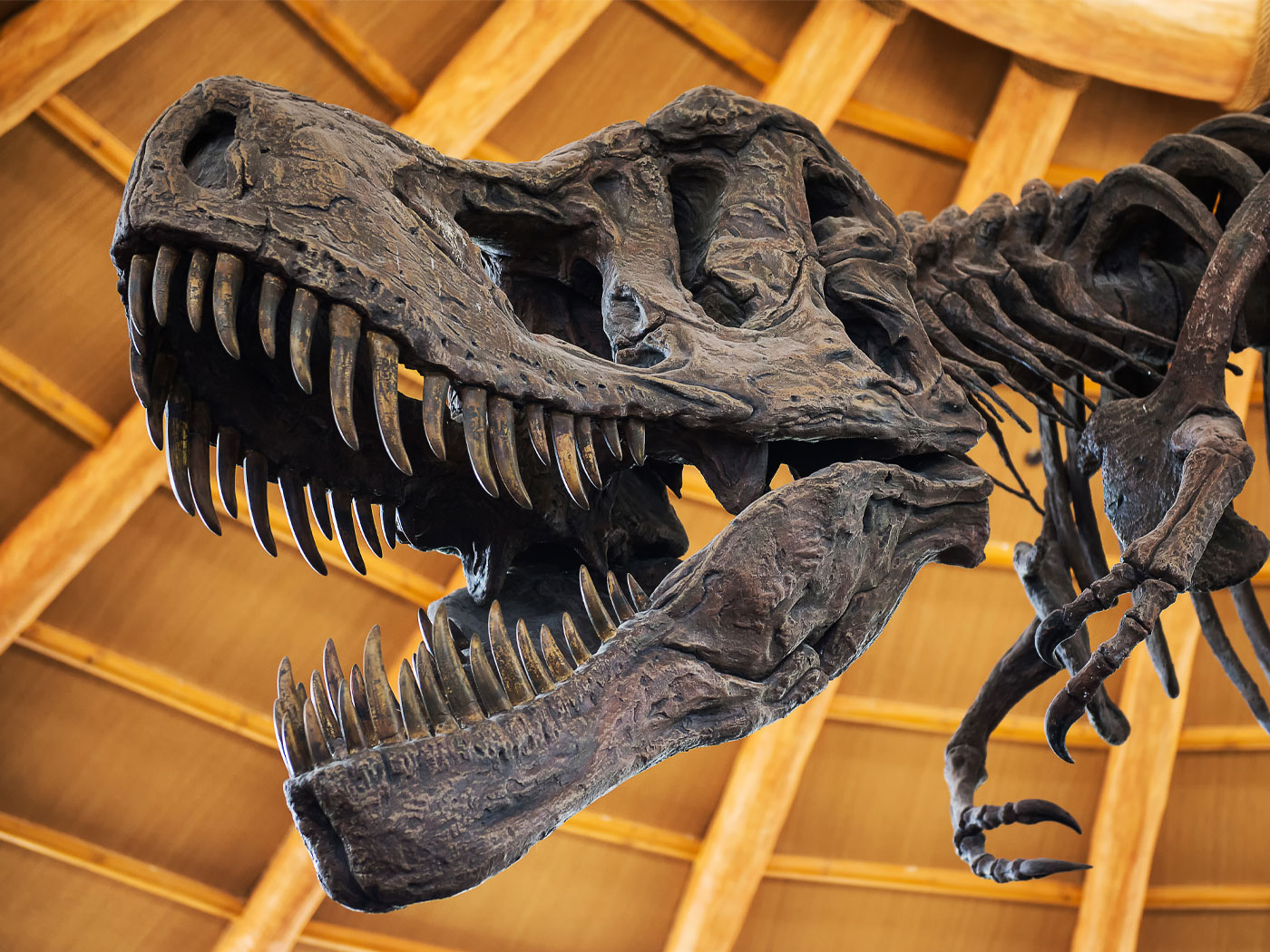History was my favorite subject as a young kid. But it always puzzled me when my teachers said, “We study history so that we don’t repeat it.” Surely, I thought, we wouldn’t fall back into the same mistakes made thousands of years ago. Yet I later realized how easily humanity clings to old ideas, repackaging them in modern language. One of the clearest examples today is how evolutionists continue to deify nature—just like the “prescientific” civilizations did with their gods.
Many ancient peoples tried explaining existence by attributing natural occurrences to divine beings. The Greeks worshiped idols as representations of false gods that ruled the sky, sea, earth, and various aspects of life. One Norse god wielded his hammer to produce storms, while the Egyptians revered a sun god, among many others. Each culture built myths around their own deities, believing they controlled the forces of nature.
As technology advanced, this folklore gave way to scientific explanations. Thunder was no longer caused by a god but resulted from superheated air rapidly expanding. Seasonal changes weren’t due to a goddess’ grief but to Earth’s axial tilt. However, even as early modern scientists learned more about the universe, they didn’t view their findings as proof of nature’s will but as evidence of God’s design.
For example, Johannes Kepler, the founder of modern astronomy, agreed with the psalmist that “the heavens declare the glory of God” (Psalm 19:1). His laws of planetary motion described the mathematical order of the solar system as a reflection of divine craftsmanship.
Matthew Maury, the pathfinder of the seas, researched and made discoveries concerning ocean currents, wind patterns, and navigation because he was inspired by Psalm 8:8 referencing “the paths of the seas.”
And Michael Faraday, one of the greatest experimental scientists in history, discovered the principles of electromagnetism, which laid the groundwork for modern electrical technology. Faraday was a devout Christian who saw his work as uncovering the laws that God had set in place. He rejected the idea that nature operated on its own and instead believed that studying the natural world was a way to help understand the Creator’s wisdom.
While science today is considered to have replaced the old mythologies, many people still speak of nature as if it possesses intelligence or will. Phrases like “Mother Nature” or “natural selection” suggest an intentional force at work. Evolutionists treat nature as an active agent that shapes creatures over time. That’s why scientists at the Institute for Creation Research are developing a new theory of biological design, illustrating how our Creator Jesus Christ engineered creatures to adapt to changing environments. Through this important research, ICR is equipping believers with scientific responses to combat anti-Creator evolutionary claims.
1 Corinthians 13:11 says, “When I was a child, I spoke as a child, I understood as a child, I thought as a child; but when I became a man, I put away childish things.” As a child clings to simple explanations and fairy tales, ancient civilizations used divine personalities to explain what they didn’t understand about nature. As adults, however, we should put away childish thinking. Immaturity and ignorance repeat history, deifying nature through attributing creative power to a mindless evolutionary process. This worldview also robs the Lord Jesus of His glory.
ICR stands firm on the Bible’s authority. Our vital mission is to expose false narratives and proclaim the scientific and scriptural evidence that indicate Christ’s handiwork. Thank you for your unwavering prayer and support. Together, we’re making history—not repeating it.
Stage image: The Pillars of Creation
Stage image credit: NASA, ESA, CSA, STScl. Used in accordance with federal copyright (fair use doctrine) law. Usage by ICR does not imply endorsement of copyright holder.
Mr. Gadberry is interim director of development and donor relations at the Institute for Creation Research.



















